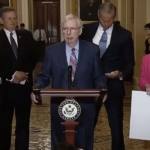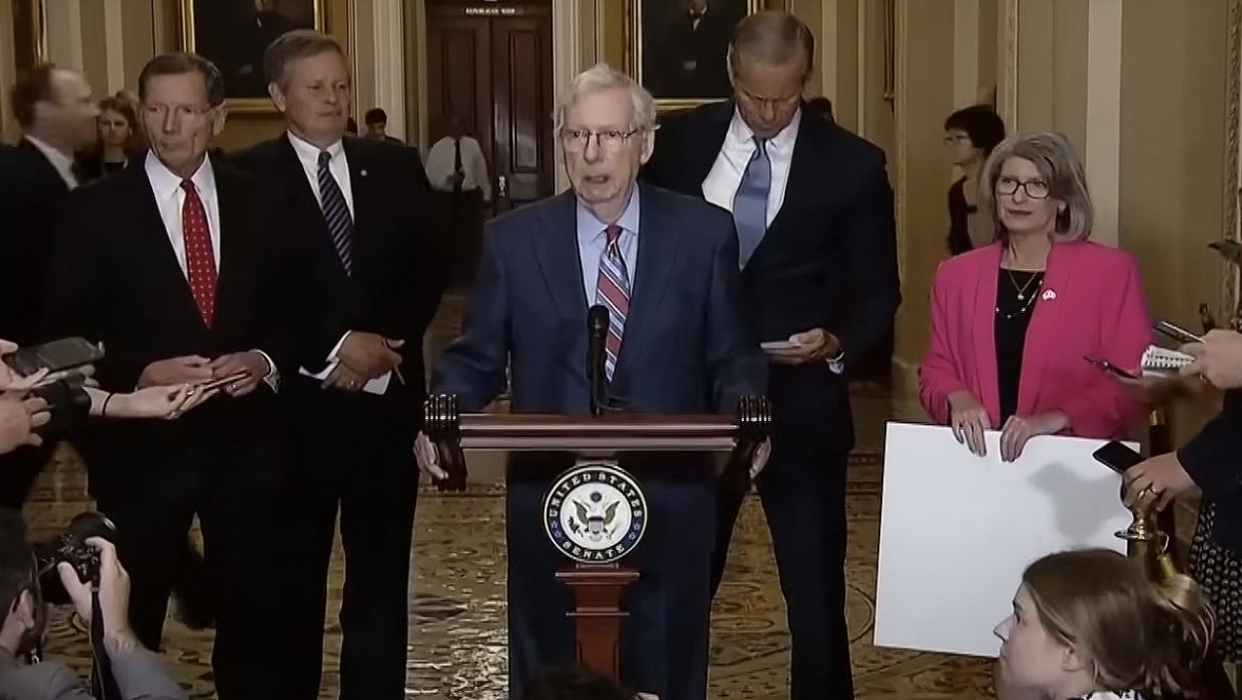Supplemental Nutrition Assistance Program, (SNAP) has become a political football.
By: Joe Makoto
-Staff Writer-
Supplemental Nutrition Assistance Program (SNAP), often referred to as food stamps, has become a political football as participation rates soar and calls for cuts intensify. Data released from the USDA in September show that over 46.6 million Americans are now receiving SNAP benefits. This represents a substantial increase since 2007 when as few as 26.3 million were enrolled. Much of this rise can be attributed to the deteriorating jobs picture since the 2008 financial crash.
Senator Rand Paul and Congressman Paul Ryan’s proposals specifically call for dramatic changes to the program, making it a block grant or fixed payments, instead of the entitlement SNAP currently is. This would shift any further rise in costs to already overburdened States.
Such a policy could be disastrous, as social stability in an non-agrarian society like ours is intimately tied to keeping the people living in cities fed. Roman politicians understood this reality. “Bread and circuses,” may not be ideal, but Rome lasted for a long time on those policies.
Intentionally, SNAP is also corporate welfare. This may ultimately save the program. Recently, Kraft’s incoming CEO, Tony Vernon, gave an interview with the Financial Times to voice his opposition to cuts in SNAP since over a sixth of Kraft’s sales are generated by food stamps.
Kraft is not alone, according to a June 2012 report titled “Food Stamps; Follow the Money” by Michele Simon at the think tank Eat Drink Politics. Cargill, Coca-Cola, JP Morgan Chase (which manages SNAP payments) and Kellogg, are all named as lobbying against SNAP changes.
Obviously, the best case would be to get employment back on track, allowing people to buy food with the money they earned themselves in good paying jobs. But until then, SNAP is filling a much needed void, giving the food insecure a reliable source of money to buy necessary food.












